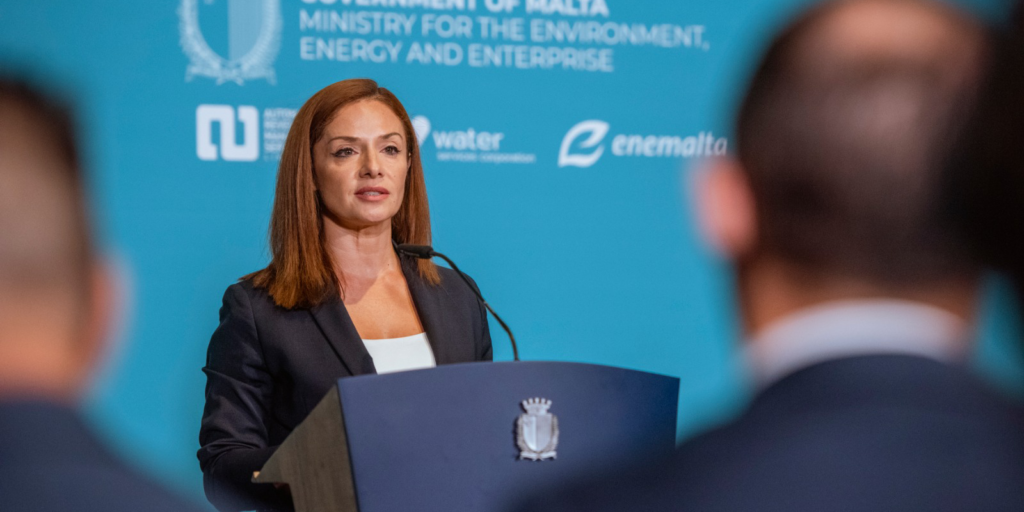English Version :
As the world was coming out of the most negative effects of the pandemic, the consequences of two years of scarce global investments in the energy sector started reflecting themselves in a gradual but steady increase in energy prices during the last quarter of 2021.
In this already grim scenario, Russia’s invasion of Ukraine and the uncertainty it caused in gas supplies to Europe, continued to compound and worsen an already dire situation. Gas prices skyrocketed. In an electricity market where the prices of both commodities, i.e. electricity and gas, are closely coupled, the wholesale electricity prices all over the continent followed suit. The weather did not help either. Europe experienced an unusually dry summer which hindered delivery of fuels to inland power stations. Production from wind generation was abnormally low.
In response to this situation, the European Union promoted a strong effort to reduce demand. In the European Commission’s “Save Gas for Winter” regulation announced in July, Member States are required to reduce gas consumption by 15% on a voluntary basis, this becomes a mandatory target should an alert level be escalated.
Malta managed to negotiate a derogation from this mandatory target, not because we are insensitive to the situation within the Union, but our isolation from the European gas grid intrinsically means that any gas savings we manage to achieve, will not be alleviating the demand on the European gas grid. On the contrary, since we use gas exclusively for the generation of electricity, any reduction in gas demand is likely to translate itself into an increase in imports of electricity. This would have compounded to the burden on the already struggling European grid inversely to the intent of the regulation. It would have hurt Malta even more by exposing it further to the high prices of imported electricity that have increased almost five-fold in the last 12 months.
Although we source 70% of our electricity needs from LNG which is bound by a long-term contract at very advantageous prices, in addition to the 10% production from renewable sources, we still need to import about 20% of our needs from the European markets. This means that for Government to maintain its energy price stability policy in place, it needs to subsidise consumers. Without such an investment, an average family of four would need to fork out a conservative €2,000 annually, effectively eating away more than a month’s average salary worth.
In response to sanctions by the European Union, Russia stopped the transfer of gas over the Nordstream pipeline to Germany, citing technical difficulties. This meant that the EU had to act further to reduce consumption. The most recent package announced in September has put the onus on Member States to reduce electricity consumption voluntarily by 10% in a bid to reduce electricity market prices. Furthermore, during the peak hours, member states are required to reduce a further 5% in gross electricity demand.
Malta has continued to defend the national interest and we convinced the European Commission that due to our island’s peculiarities, Malta should not carry this additional burden. Our energy system is highly dependent on electrification. We use electricity for most of our industrial activities, for air conditioning and for the production of the most basic commodity: water.
Despite our successes in obtaining these derogations, the Government remains committed to encourage and incentivise the public sector, the private sector and households to reduce energy waste and increase their energy efficiency. A number of initiatives are already in place for the public sector. We are also encouraged by the fact that the private sector is acknowledging the need to participate with ideas to improve energy efficiency and reduce consumption.
Amidst all this, this week we have also announced the implementation of an electoral pledge that comes into force as of tomorrow: the adjustment to the utility bills system and regulations that came into force in 2009. The adjustments done will allow customers to receive a ‘refund’ for the unused units of the previous months. For the benefit of ARMS Ltd’s customers, the utility bills will retain the current format, but will include two new values reflecting the adjustment carried out on electricity consumption, and water consumption.
This system complement’s the government’s vision of providing families with stability, allowing them to plan ahead. This Government did not opt for a system that reconciles bills once a year, as this would have meant that 21% of our customers would have lost their eco-reduction benefits.
The work of the past months and years, the derogations achieved and our commitment to continue investing in the energy sector confirms our resolve to continue standing side by side our families and businesses.
